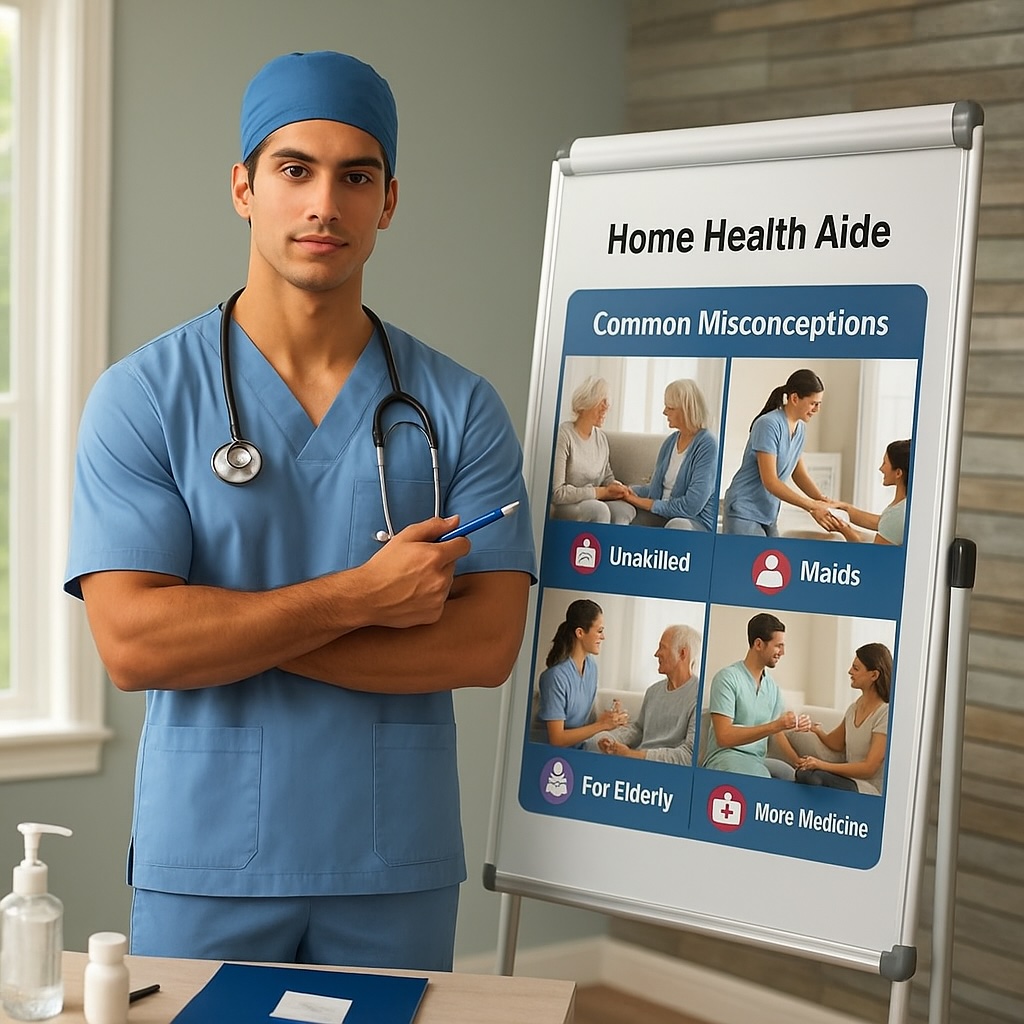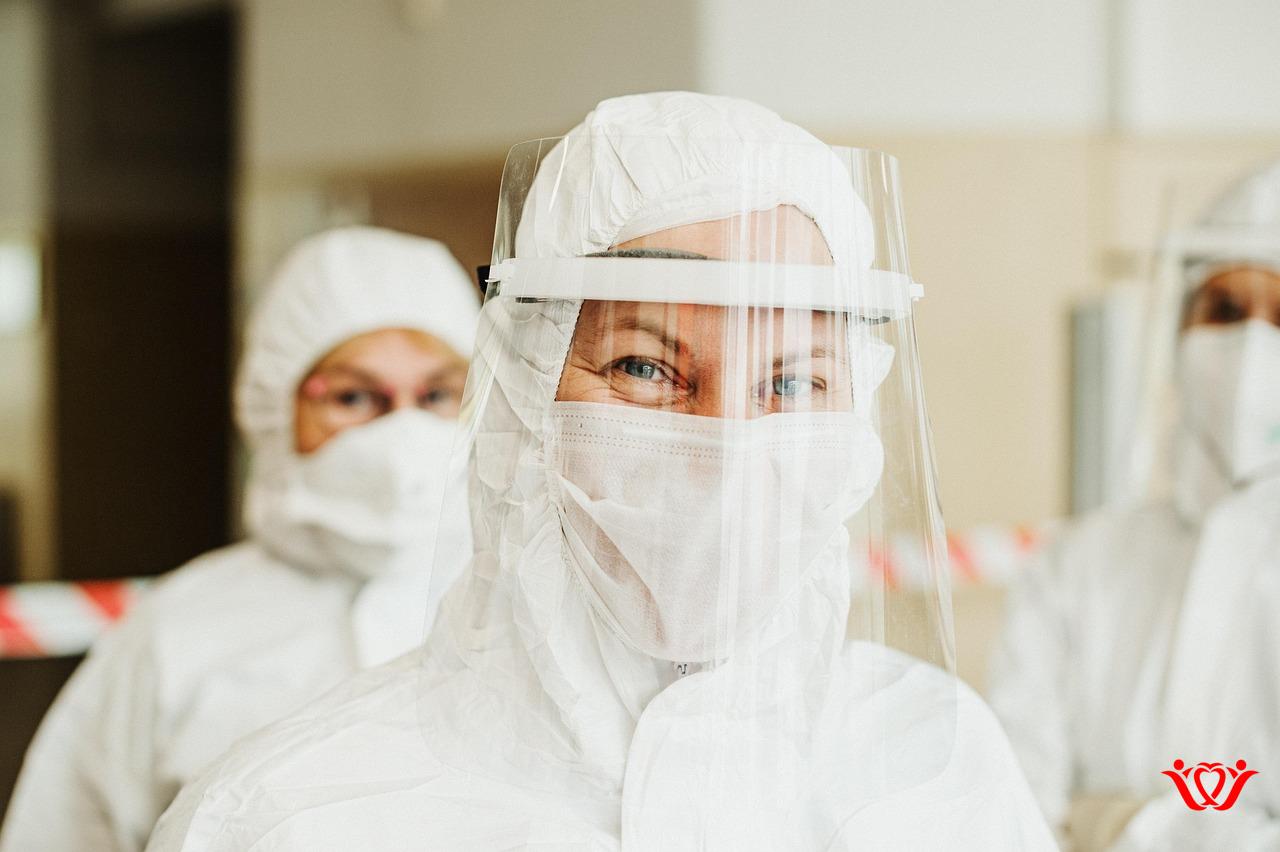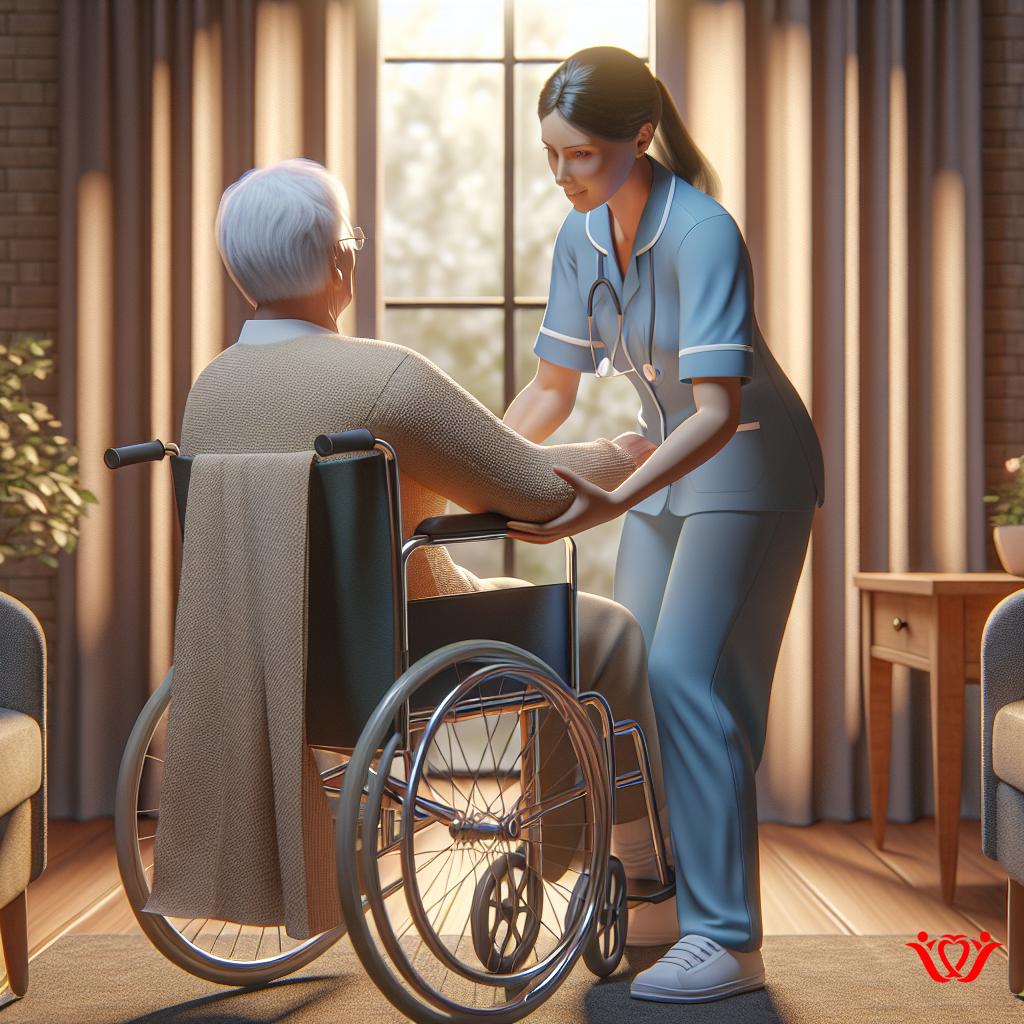
In the demanding field of home healthcare, maintaining your own health and well-being is essential. As a home health aide, you are on the frontline, providing critical support to those who need it most. To continue offering the best care, it’s important to prioritize preventive health measures. Here are effective tips to help you stay healthy on the job.
Understanding the Importance of Self-Care
Before diving into specific tips, it’s important to recognize why self-care is crucial for home health aides. Your role often involves physical and emotional demands that can lead to burnout if not carefully managed. Prioritizing your health enables you to provide sustained, high-quality care to your clients.
Physical Wellness
Taking care of your body ensures you have the energy and endurance needed for your job. Here are some ways to maintain physical health:
- Regular Exercise: Incorporate physical activity into your daily routine, such as walking, stretching, or yoga. Even short, regular workouts can increase your stamina.
- Ergonomic Practices: Use proper lifting techniques to prevent back injuries. Bend your knees, keep your back straight, and avoid twisting motions when lifting or moving patients.
- Nutrition: Opt for balanced meals with a mix of proteins, healthy fats, and carbohydrates. Staying hydrated is equally important; drink plenty of water throughout the day.
Mental and Emotional Wellness
Home health aides often deal with emotionally challenging situations. Maintaining mental well-being is essential for both you and your clients:
- Mindfulness and Relaxation Techniques: Practices like meditation or deep breathing can help manage stress and improve focus.
- Support Networks: Build connections with fellow aides or join forums where you can share your experiences and gather advice.
- Professional Guidance: If feeling overwhelmed, seek support from a counselor or therapist.
Infection Control Practices
Preventing the spread of infections is a priority in home healthcare settings. Adhere to these practices to protect yourself and your clients:
- Hand Hygiene: Wash hands thoroughly with soap and water before and after patient interactions. Use hand sanitizer when washing isn’t possible.
- Personal Protective Equipment (PPE): Use gloves, masks, or gowns as required. Ensure proper disposal and replacement of PPE between visits.
- Sanitation Procedures: Regularly clean and disinfect equipment and frequently-touched surfaces.
Time Management and Energy Conservation
Efficient use of time and energy can prevent burnout and improve job satisfaction:
- Prioritize Tasks: Develop a clear plan for your day, focusing first on the most critical tasks.
- Breaks: Integrate short breaks throughout your day to recharge.
- Delegate: When possible, share responsibilities to lighten your load.
Continuous Learning and Skill Development
Stay updated with the latest in home healthcare practices to enhance your abilities and career prospects:
- Ongoing Education: Participate in workshops and training sessions to advance your skill set.
- Certifications: Obtain relevant certifications to boost your knowledge and qualifications.
- Reading: Keep abreast of health-related topics by reading journals and reputable online sources.
Conclusion
By integrating these preventive health tips into your daily routine, you can maintain your own well-being while providing exceptional care to your clients. Remember, taking care of yourself is the first step towards taking care of others. For more information on professional development and health tips, consider exploring resources from the Centers for Disease Control and Prevention and the Harvard Health website.









0 Comments